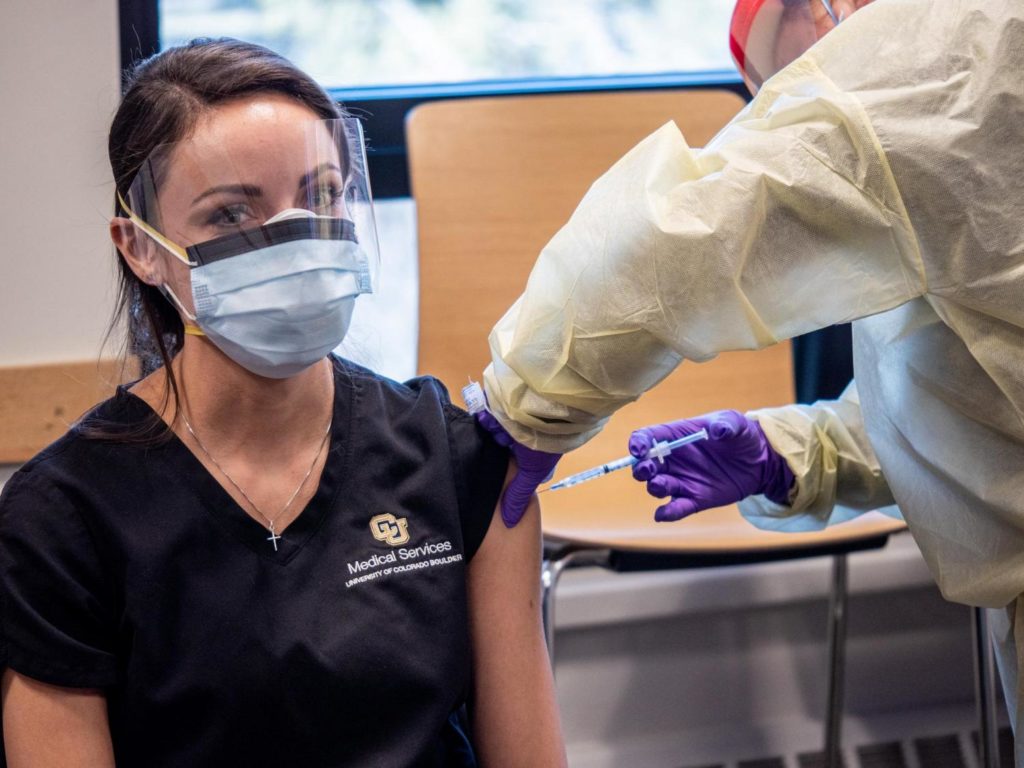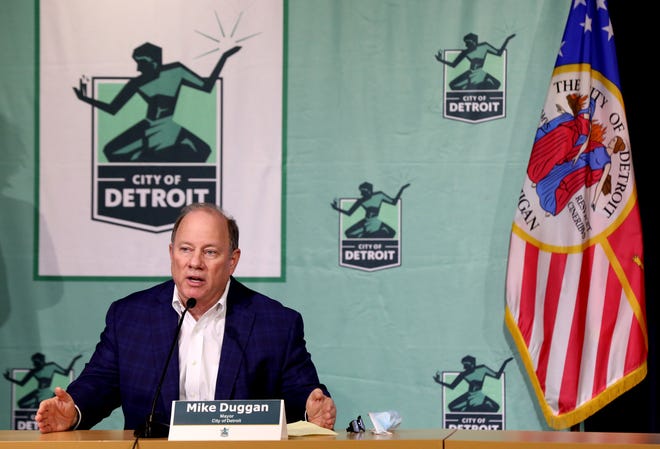Vaccine protocols and consumerism

Ugh.
The city of Detroit declined to accept 6,200 doses of Johnson & Johnson’s coronavirus vaccine this week, state health officials said a day after Mayor Mike Duggan said during a briefing Tuesday that the city was “gonna protect Detroiters with a 95% vaccine.”
On Wednesday night, Duggan’s spokesman John Roach said the city had enough Moderna and Pfizer vaccines to more than cover all of the upcoming week’s scheduled appointments and that the city would take Johnson & Johnson vaccines “in the next round … giving Detroiters that option.” He said the city is in the process of setting up a separate Johnson & Johnson vaccine site and patient option.
In his comments Tuesday, Duggan was referencing Moderna and Pfizer COVID-19 vaccines, which were shown to be 94% and 95% effective in clinical trials, compared with Johnson & Johnson’s, which was 66% effective in global trials and 72% effective when tested in the U.S. Studies also suggest Johnson & Johnson’s vaccine prevents severe COVID-19 illness in 85% of people, preventing hospitalizations and deaths.
“The Moderna and Pfizer vaccines are 95% effective if you get two shots. Johnson & Johnson is one shot, which is nicer, but it’s about 67% effective,” Duggan said at his Tuesday briefing. “Johnson & Johnson makes great sense for people in rural areas where it’s gonna be hard to get out to them. It makes great sense for people who are waiting three or four hours in line and aren’t gonna do it twice and maybe get one shot, (because) certainly the Johnson & Johnson shot is a step forward.”

He continued: “In the city of Detroit, you’ve got the finest vaccination infrastructure in the country. We can get you in and out quickly through the TCF Center, and we can do it twice and we are gonna protect Detroiters with a 95% vaccine. So it is my intention, as long as possible, to stick with the Moderna and Pfizer vaccines and get Detroiters 95% protected.
Again, the J&J vaccine appears to be 100% effective in preventing hospitalization and death.
From a public health perspective, the advantages of a one-shot vaccine over two-shot vaccines when those shots need to be given three and four weeks apart respectively are enormous. This is especially true in regard to vaccinating lower SES cohorts, who face much more significant barriers to being able to fully complete a two-shot protocol than overpaid underemployed law professors, to choose an example at random.
It’s becoming increasingly plausible that the structure of the vaccination campaign should be switched soon to getting as many people vaccinated as quickly as possible, with whichever of the three approved vaccines is available. (This is an admission against interest by the way, as I’m now eligible to be vaccinated under current protocols). In addition, the secondary benefits of the vaccines in regard to lowering transmission rates provide another compelling reason to start prioritizing maximum vaccination rates over curated eligibility protocols.
It certainly made sense initially to get the highest-risk populations vaccinated fastest, but with total vaccinations administered in the USA hitting 100 million in the next ten days or so, it seems more and more likely that we should be throwing open the doors to everyone, if not immediately then in the near future
Meanwhile, clueless politicians who are treating the choice between vaccines as some sort of exercise in consumerist freedom are not helping matters.


